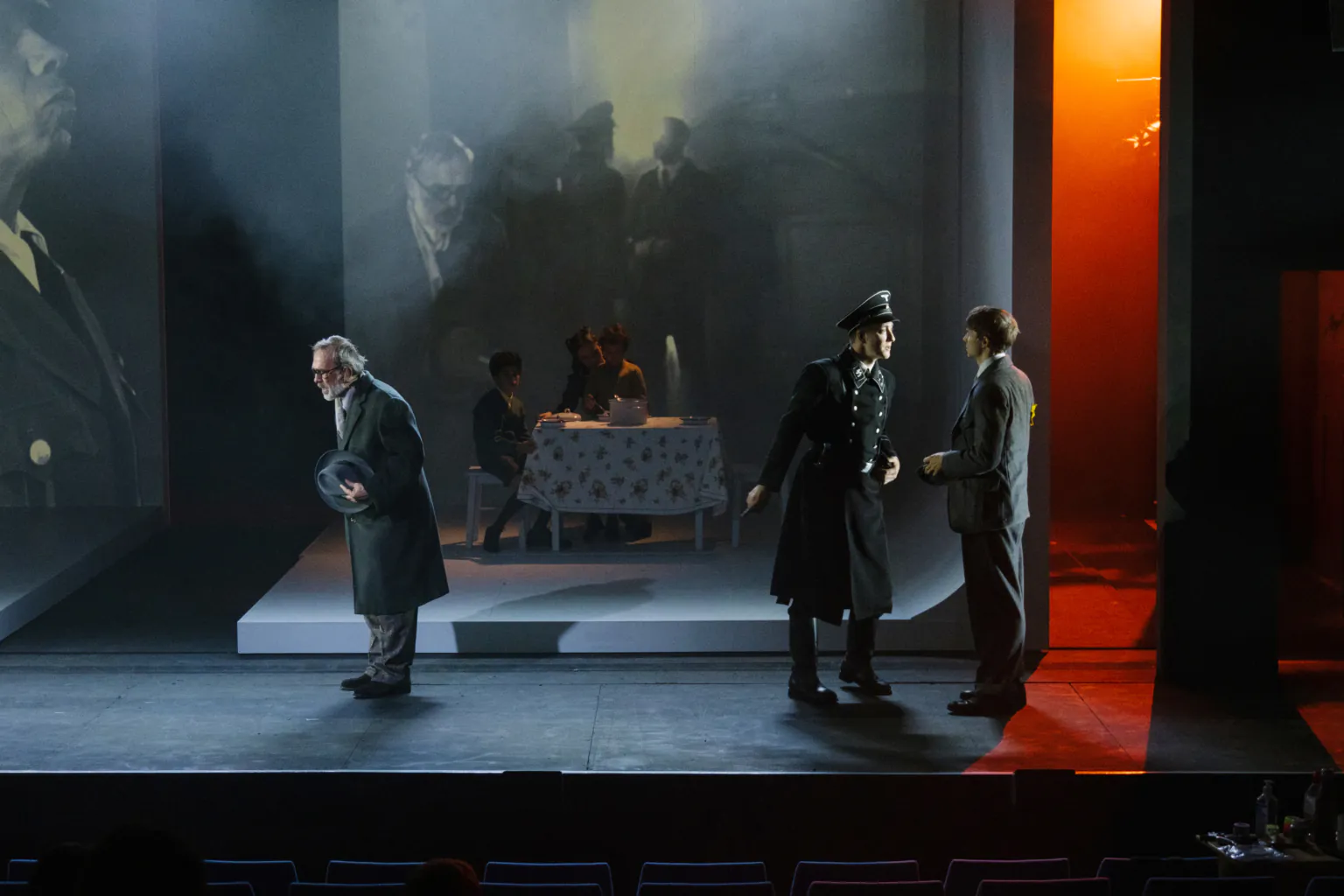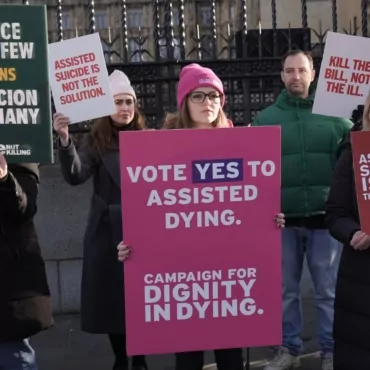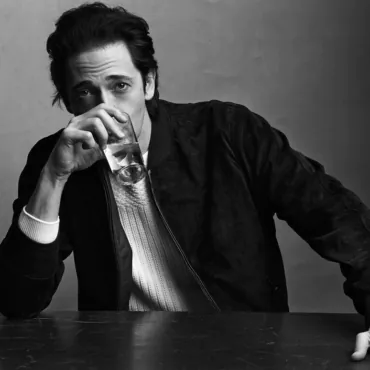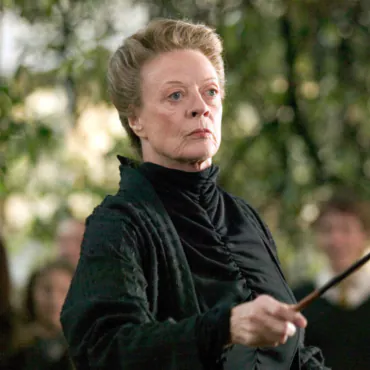Writer Dmitry Glukhovsky says that he got the idea to write “The White Factory” after reading Hannah Arendt’s book “The Banality of Evil. Eichmann in Jerusalem.” The play centers on the true story of an SS general who led the mass extermination of Jews during World War II in the Polish city of Lodz, and after the collapse of Nazi Germany became the director of a chocolate factory. “The man who took thousands of lives became just a chocolate candy maker. I was so struck by this story that I decided to return to it for sure,” says the writer.
Work on the play was a long five years. Several times Gluchowski passed by to visit Lodz, the preserved historical center and there is a Jewish ghetto. He personally met with survivors of the war years of the city to get a finer and deeper insight into what happened to them more than 70 years ago.
“The history of the ghetto in this place, unlike in Warsaw, proves once again that those who choose not to fight evil, but to cooperate with it and try to adjust to it, still remain at a loss, losing themselves along the way,” Glukhovsky believes.
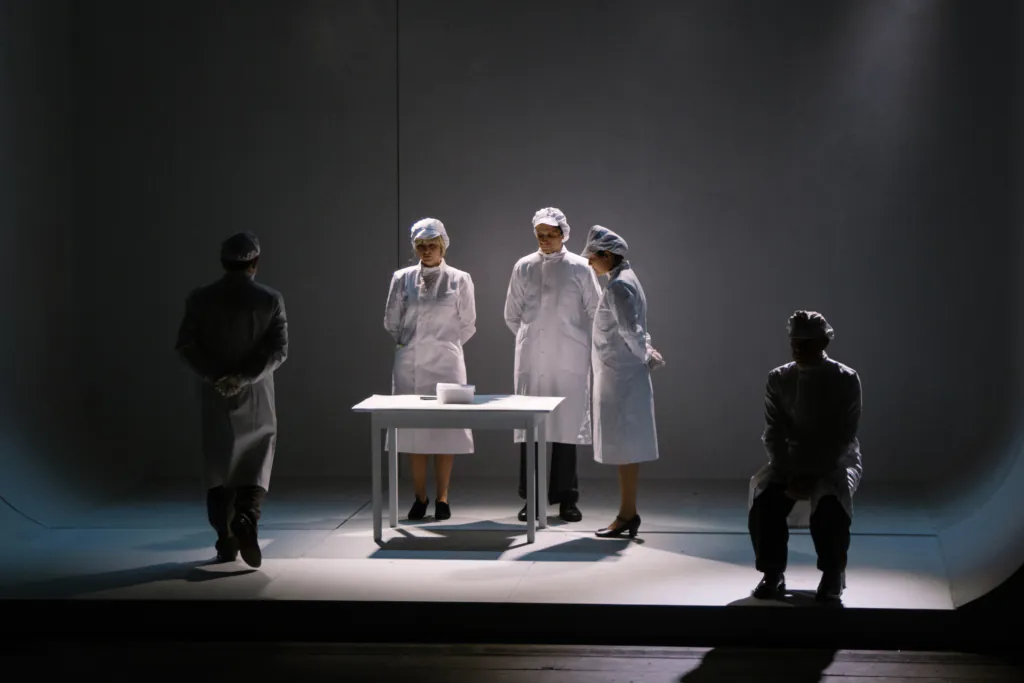
It is no accident that the title of the play was chosen. As the author explains, the white factory is a very concrete, real-life place. The site of the factory was originally a Catholic cathedral, which during the war the Germans converted into a warehouse where they stored feather pillows that had previously belonged to Jews exiled to concentration camps. “The down pillows, which the Jews would never need again, were re-stuffed at this peculiar “factory” in order to sell them in Germany for very large sums of money. While the cushions were re-stuffed, feathers flew literally all over the room – that’s why the “factory” is called white,” continues the writer.
One of the main reasons to present the play right now was, as Glukhovsky admits, the realization of the cyclical nature of history: “The events that took place during the war years are nightmarishly repeated now in the example of the war that Russia unleashed in Ukraine.” Maxim Didenko, the director of the play, adds that the idea for the production appeared long before the war began, but “Russia’s invasion of Ukraine gave an additional impetus to the production.” “We realized that we needed to stage the play in the here and now,” he explains.
“It is crucial that we do not repeat mistakes that were made several decades ago, but that we can remember them and draw the right conclusions through the prism of theater,” says Dmitry Glukhovsky.
You can see “White Factory” at Marylebone Theatre through Nov. 4. Tickets for the play are at this link.
